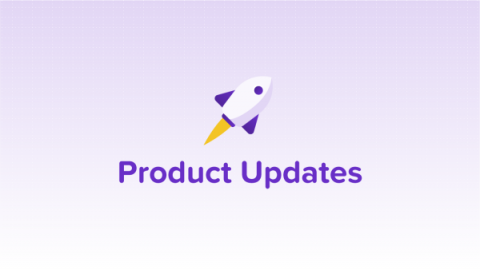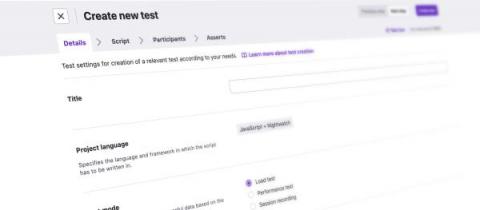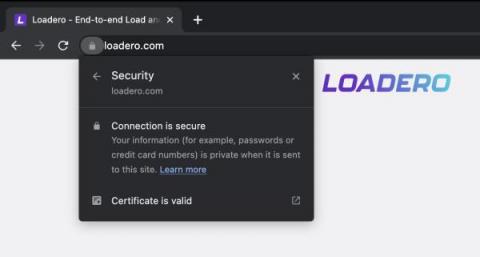What's New In Loadero (November 2023)
Welcome back to Loadero’s monthly updates! As we didn’t have as much to share last month, this time we are coming to you with updates from the past two months. Before we get into product updates, we are very excited to announce that Loadero is now ISO certified and we have acquired ISO 9001 (Quality Management), ISO/IEC 27001 (Information Security), and ISO 22301 (Business Continuity) certifications!







